Beijing has just officially announced that it will not impose temporary anti-dumping duties on imported spirits from the European Union (EU), even though the EU and its Western allies, such as the US and most recently Canada, have directly imposed import duties on Chinese electric vehicles of up to 100%.
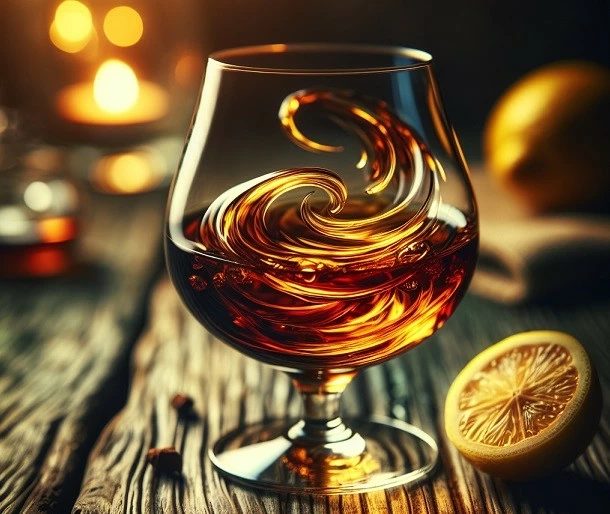 |
| China officially announced that it will not impose temporary anti-dumping duties on imported spirits from the EU. (Source: devdiscourse) |
However, the reason Beijing made this decision was not because they could not find evidence that EU products were being dumped in the world's leading market, but rather a more "sophisticated" move than their partners.
In a statement released on August 29, China said it would not impose temporary anti-dumping duties on imported spirits from the EU, despite finding that the alcohol was being sold in China below market prices, in order to give both sides time to discuss the tense trade negotiations.
China's Ministry of Commerce said it had found European distillers dumping spirits in its 1.4 billion consumer market by a margin of 30.6% to 39.0% and their domestic industry had suffered damage.
“Provisional anti-dumping measures will not be applied in this case for the time being,” the statement said, but left open the possibility that Beijing could take action at some point in the future.
The ministry previously said the investigation was expected to conclude by January 5, 2025, but could be extended "in exceptional circumstances".
Along with this latest move, China has lobbied the 27 EU member states to reject the European Commission's (EC) proposal to impose additional tariffs of up to 36.3% on Chinese-made electric cars in a vote next October, and Beijing's decision not to impose tariffs on spirits from the EU could be seen as a move that benefits the electric car case.
France is seen as the target of Beijing’s spirits investigation because it supported EU tariffs on Chinese electric cars. It also accounted for 99% of China’s spirits imports last year.
The French Cognac Association, the National Interagency Office for Cognac, said China’s provisional decision – not to impose anti-dumping measures on EU spirits for now – did not address their concerns about the final tariff levels. European producers warned that Chinese tariffs could still be imposed in the future.
"We understand that the tax rate that could be applied to our products at the end of the investigation will be around 34.8%. If applied, such a tax rate would severely affect cognac exports to China - a market that accounts for 25% of our exports," the French Cognac Association said.
"As a result, an entire industry will become a collateral victim of an economic conflict that is out of control. ... We hope that France and the EU will immediately enter into negotiations with the Chinese side to not apply and abandon these tariffs," the statement said.
Following the Chinese announcement, shares of French spirits maker Remy Cointreau and Pernod Ricard rose 7.7% and more than 4.4%, while shares of Italian Campari maker Campari rose 1.68%.
The China decision came as Pernod Ricard's CEO presented the company's annual results to investors. CEO Alexandre Ricard said the company would remain cautious on China as the decision not to impose tariffs appeared to be for "the present." He declined to comment further because he had not had a chance to review the news.
Spokespeople for Pernod and Remy Cointreau were not immediately available for comment.
Beijing announced an anti-dumping investigation into EU spirits in January, which cognac producers say is linked to a broader trade dispute beyond the wine market. In addition to the spirits investigation, Beijing has also launched anti-subsidy investigations into EU dairy products and pork in recent months.
The dairy investigation was also launched last week, a day after Brussels announced revised tariff plans for Chinese-made electric cars. France was also a major dairy exporter to China last year, exporting $211 million worth of dairy products to China, with the products targeted mainly being milk and cream.
“This appears to be a negotiating tactic from China,” said Barclays analyst Laurence Whyatt, who expects to see a “link” between EU tariffs on Chinese electric vehicles and Beijing’s actions on EU spirits imports.
Could they in this way convince the EU to cancel some of the planned tariffs?
An EC spokesman said the development would not affect its decision on electric car taxes, describing the two investigations as "two separate tracks".
In a separate statement, EU leaders said they were following the investigation “very closely”, while their detailed assessment found the outcome of Beijing’s investigation “questionable”. “They will therefore closely monitor the investigation to ensure WTO rules are respected… and will not hesitate to take any action necessary to protect EU exporters,” the statement said.
International observers commented that China’s unexpected move was a “smart move” after the EU had taken a tough line with its plan to impose tariffs on electric vehicles imported from China. However, the EU could not help but put everything on the table.
Source: https://baoquocte.vn/trung-quoc-tung-chieu-cao-tay-doi-voi-hang-cua-eu-xoe-con-bai-mac-ca-xe-dien-co-the-duoc-giai-cuu-284395.html


![[Photo] Ho Chi Minh City Youth Take Action for a Cleaner Environment](https://vphoto.vietnam.vn/thumb/1200x675/vietnam/resource/IMAGE/2025/11/04/1762233574890_550816358-1108586934787014-6430522970717297480-n-1-jpg.webp)

![[Photo] Panorama of the Patriotic Emulation Congress of Nhan Dan Newspaper for the period 2025-2030](https://vphoto.vietnam.vn/thumb/1200x675/vietnam/resource/IMAGE/2025/11/04/1762252775462_ndo_br_dhthiduayeuncbaond-6125-jpg.webp)

![[Photo] The road connecting Dong Nai with Ho Chi Minh City is still unfinished after 5 years of construction.](https://vphoto.vietnam.vn/thumb/1200x675/vietnam/resource/IMAGE/2025/11/04/1762241675985_ndo_br_dji-20251104104418-0635-d-resize-1295-jpg.webp)
![[Photo] Ca Mau "struggling" to cope with the highest tide of the year, forecast to exceed alert level 3](https://vphoto.vietnam.vn/thumb/1200x675/vietnam/resource/IMAGE/2025/11/04/1762235371445_ndo_br_trieu-cuong-2-6486-jpg.webp)


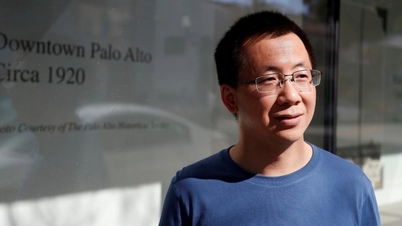
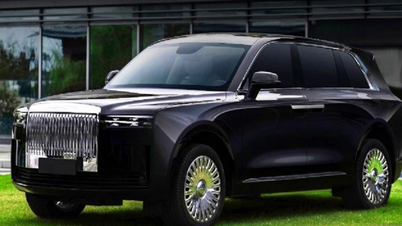


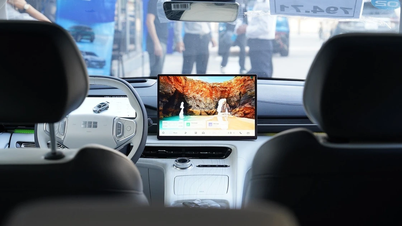

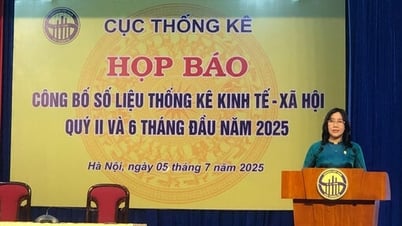

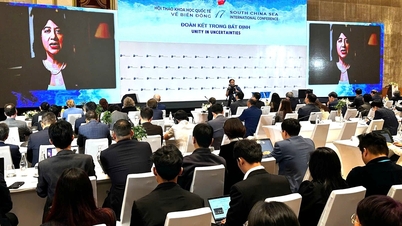

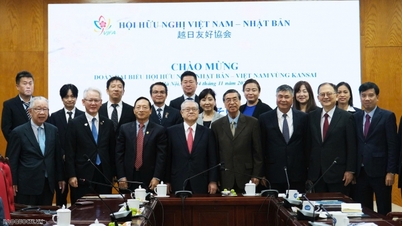
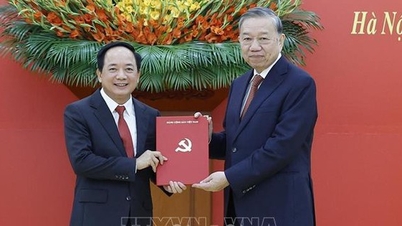

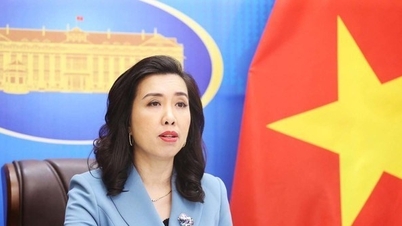

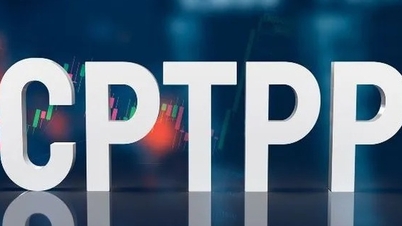





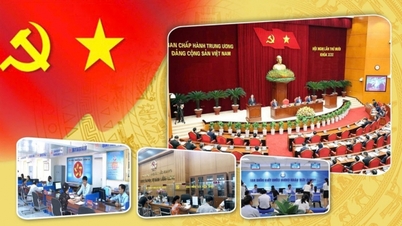

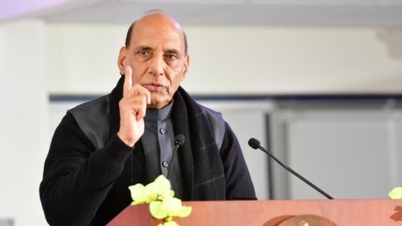























































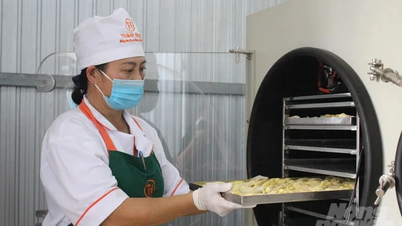
















Comment (0)